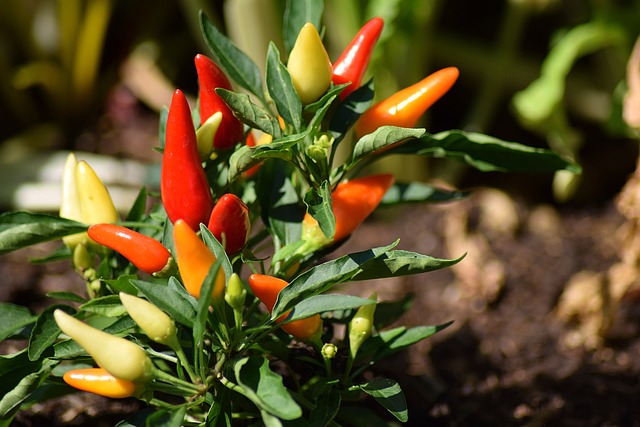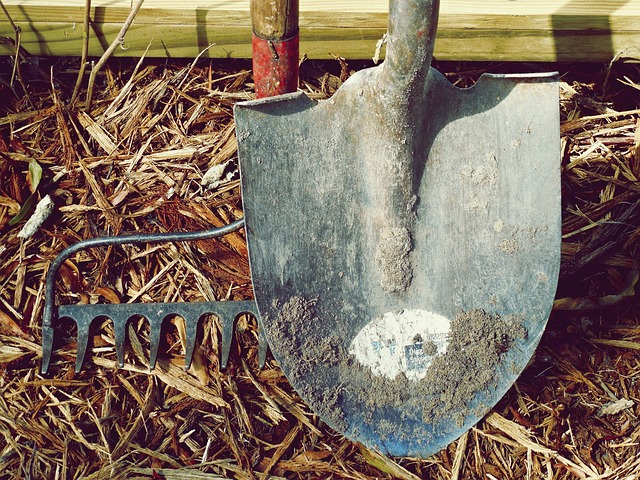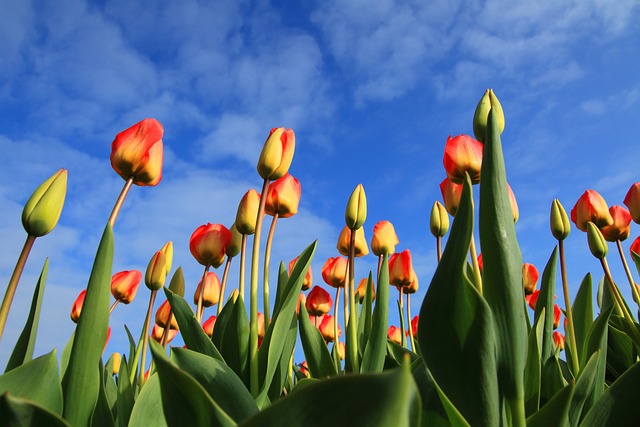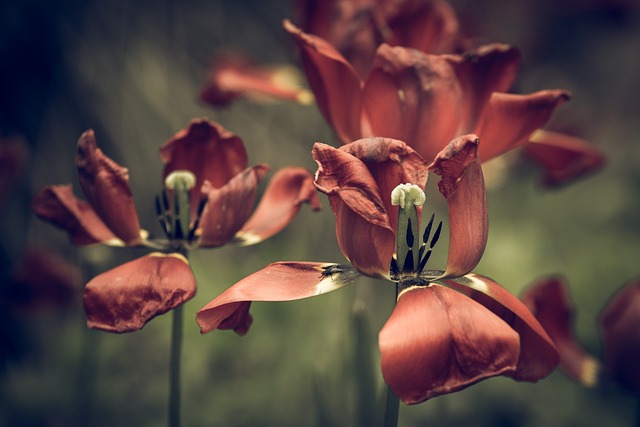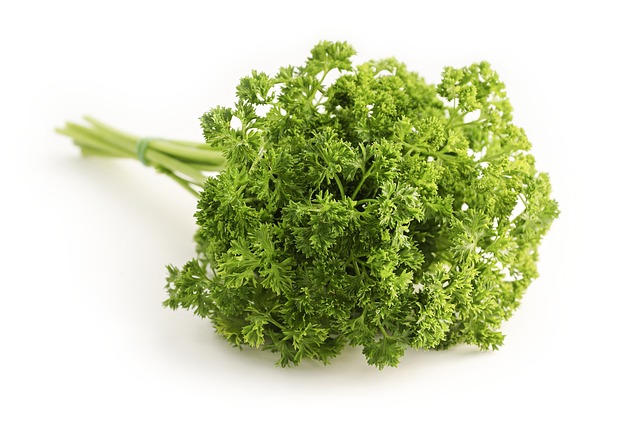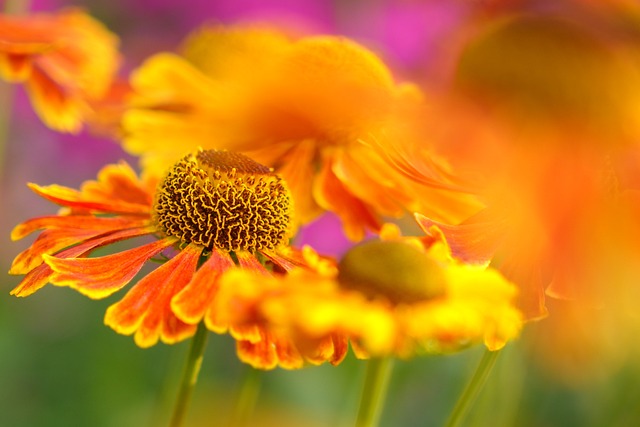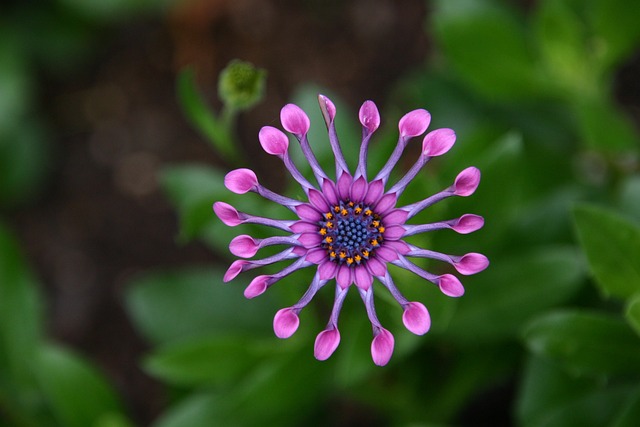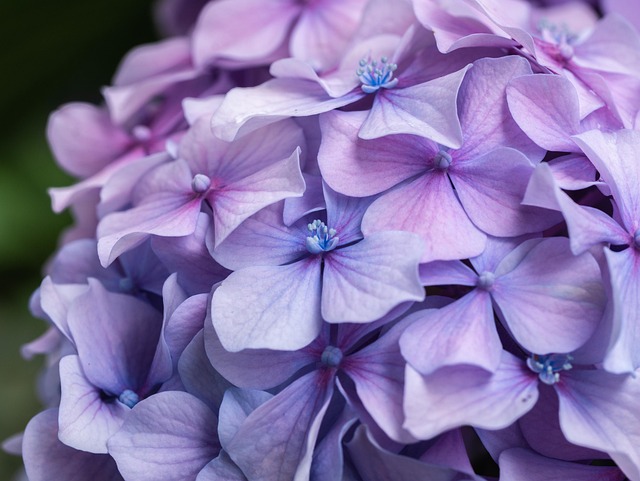
When you take time to apply proper organic horticulture techniques and products, it really does show. It signifies that you have care for your plants and you desire good health for them. This is a great thing. As with all skills, you can continuously improve your horticulture through experience and further study. Below are a collection of organic horticulture tips that will help you to develop your talent.
Try planting seeds in pots, and then transferring the seedlings to your garden. This increases the chance that your plants will survive to adulthood. The period between plantings will also be shorter. As soon as you harvest the mature plants in your garden, your new seedlings will be large enough to plant outside!
If you start to notice some powdery mildew growing on your plants, there is no need to waste money on expensive chemicals. Try mixing a little liquid soap with some baking soda in water. You just need to spray your plants with this solution once every five days until the mildew is no longer visible. This mixture will not hurt your plants and it will eliminate the mildew slowly but efficiently.
Plant some wheat grass or cat grass near where you car tends to nibble in your garden. Alternatively, you can try putting mothballs, citrus peel or anything else with an odor that cats find distasteful in the soil surrounding the plants.
Six Hours
When you grow veggies in a garden, you need to ensure they get at least six hours of good sunlight each day. Many vegetables need about this much sun to grow quickly. Some flowers also need six hours of daily direct sun in order to grow and blossom well.
It can be tough to keep insects and other plant-ruining crawlies from infesting your garden. It is wise to limit the use of harsh chemicals, because the vegetables will be eaten. There is only one way to effectively control pests in your garden, and that is to stay vigilant in your efforts. If you catch them early, you can take them off the plants by hand.
To defend your garden from errant dogs, spray something with a strong scent, including aftershave or old perfume around the perimeter of the garden. This will help mask the scents that attract your dog, and will make your garden a less interesting place for your pet to be.
The warmth of the day can make vegetables soft, making them more prone to damage as you pick them. You should also be sure to cut them off the vine and not twist them, as twisting can hurt the plant.
Try to put an aspirin in the water to get rid of plant diseases. Three aspirins per four gallons of water will help keep your plants healthy. Simply spray your plants with the mixture, and this will help them fend off various diseases. Try to apply the mixture to the plants at least once in each three week period.
Keep the temperature in your home between 65 and 75 degrees Fahrenheit, if you are keeping or growing any kind of plant in your house. They need this type of warm temperature in order to grow. Another option is the use heat lamps that will protect your organic plants.
To be more efficient when working in your organic garden, have your tools close at hand. Use a large bucket, or wear rugged pants with several pockets. Keep common tools such as your gloves or your pruning shears within reach so that you can quickly and easily maintain your garden whenever you need to.
You can cover your muddied horticulture footware easily by keeping plastic bags around. When you do this, your flow stays going, and you can just get right back out to your garden and finish quick.
Pine Needles
Pine needles should not be overlooked as a great source for mulch. There are many common acidic plants that prefer acidic soil. If your garden contains plants like this, there are few things simpler than spreading some pine needles across your beds. Go ahead and cover the beds you have with needles a couple of inches and while they decompose, they actually disperse some acid into the soil.
Get more value from your property. If you are looking for high returns, landscaping gets you a lot of your money back. Certain plants could increase the value by 20%. The plants you buy should be able to withstand normal regional weather conditions.
When it’s harvest time, you should utilize a basket that you put laundry in to carry your veggies. It makes a great strainer for your vegetables. While your freshly harvested fruits and vegetables are still in the basket, rinse them off and any excess water will run off through the laundry basket holes.
If you have recently planted seeds in your organic garden, you should regularly aerate the soil by using your hands to gently sift it. While this appears strange, research shows it can help plants grow larger, versus not petting them at all.
Change how much you water your plants with the changing of the seasons. You should also adjust your watering habits if the temperature or amount of rainfall changes dramatically. When watering your plants, consider the time you are watering them, the kind of soil you are using and how good the water is. In a warm and humid climate you should avoid watering the plant itself. Wet leaves promote the growth of leaf fungi. Instead, focus water on the plant’s root system.
You now have your garden tools, seeds and supplies needed to skillfully grow an organic garden, using the tips given here. You’ve come to the right place! The above tips were constructed to add to your personal organic horticulture techniques, as you are never done learning. You might even have learned something you hadn’t known before to use in your organic garden.

